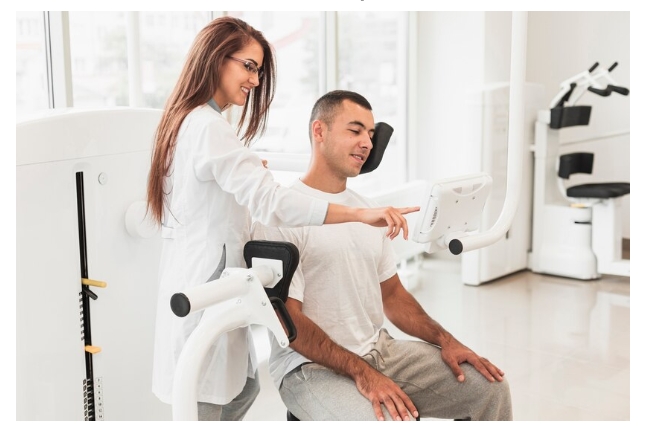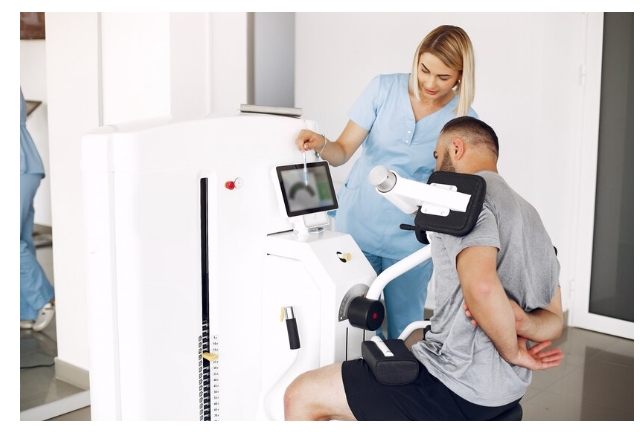Attention Deficit Hyperactivity Disorder (ADHD) is a neurodevelopmental disorder that affects millions of people worldwide, impacting their attention span, impulse control, and overall executive function. While traditional treatments such as medication and therapy are widely used, they may not be effective for everyone. In recent years, Deep Transcranial Magnetic Stimulation (dTMS) therapy has emerged as a promising alternative for individuals with ADHD.
Understanding ADHD
ADHD is characterised by symptoms of inattention, hyperactivity, and impulsivity, which can significantly impair daily functioning. It can affect people of all ages, but it is often diagnosed in childhood and may persist into adulthood. ADHD can lead to difficulties in academic or work performance, social interactions, and relationships.
Challenges with Traditional Treatments
While medications like stimulants and non-stimulants are commonly prescribed to manage ADHD symptoms, they may not be suitable for everyone and can have side effects. Behavioural therapy and counselling can be beneficial but may not provide sufficient relief for some individuals.
Introducing Deep Transcranial Magnetic Stimulation (dTMS) Therapy
dTMS therapy is a non-invasive procedure that uses magnetic fields to stimulate specific areas of the brain associated with ADHD symptoms. Unlike traditional TMS, dTMS reaches deeper brain structures, making it more effective for treating conditions like ADHD.
How dTMS Works
During a dTMS session, a coil is placed on the scalp, delivering magnetic pulses to the targeted brain regions. These pulses modulate neural activity, promoting neuroplasticity and restoring balance in brain networks associated with ADHD.

Research and Evidence
Numerous studies have demonstrated the efficacy of dTMS therapy in reducing ADHD symptoms and improving cognitive function. Research suggests that dTMS can lead to long-lasting improvements in attention, impulse control, and executive function.
Advantages of dTMS Therapy
- Non-invasive and painless
- No systemic side effects
- Well-tolerated
- Minimal downtime
- Long-lasting benefits
Safety and Side Effects
dTMS therapy is considered safe and well-tolerated for most individuals. Common side effects may include mild headache or scalp discomfort, which typically resolve quickly.
Who Can Benefit from dTMS Therapy?
dTMS therapy may be beneficial for individuals with ADHD who have not responded adequately to traditional treatments or who experience intolerable side effects from medications. It may also be suitable for those seeking non-pharmacological alternatives.
The Process of dTMS Treatment
A typical dTMS treatment course consists of multiple sessions scheduled over several weeks. Each session lasts approximately 20-30 minutes, and the number of sessions required varies depending on individual response and symptom severity.
Cost Considerations
The cost of dTMS therapy can vary depending on factors such as location, provider, and insurance coverage. Some insurance plans may cover dTMS for certain conditions, but coverage policies vary.
Availability of dTMS Therapy
dTMS therapy is available in specialised clinics and medical centres equipped with the necessary technology and trained personnel. Patients can consult with a healthcare provider to determine if dTMS is a suitable treatment option for them.

Success Stories
Many individuals with ADHD have reported significant improvements in symptoms and quality of life following dTMS therapy. Personal testimonials and success stories highlight the transformative impact of this innovative treatment approach.
Future Directions and Developments
As research in the field of neuromodulation continues to advance, ongoing developments in dTMS technology and treatment protocols hold promise for further enhancing ADHD care and outcomes.
Conclusion
dTMS therapy represents a groundbreaking approach to improving ADHD treatment outcomes, offering a safe, effective, and non-invasive alternative for individuals who may not respond to traditional interventions. By targeting underlying neurobiological mechanisms, dTMS holds the potential to revolutionise ADHD care and empower individuals to lead fulfilling lives.




